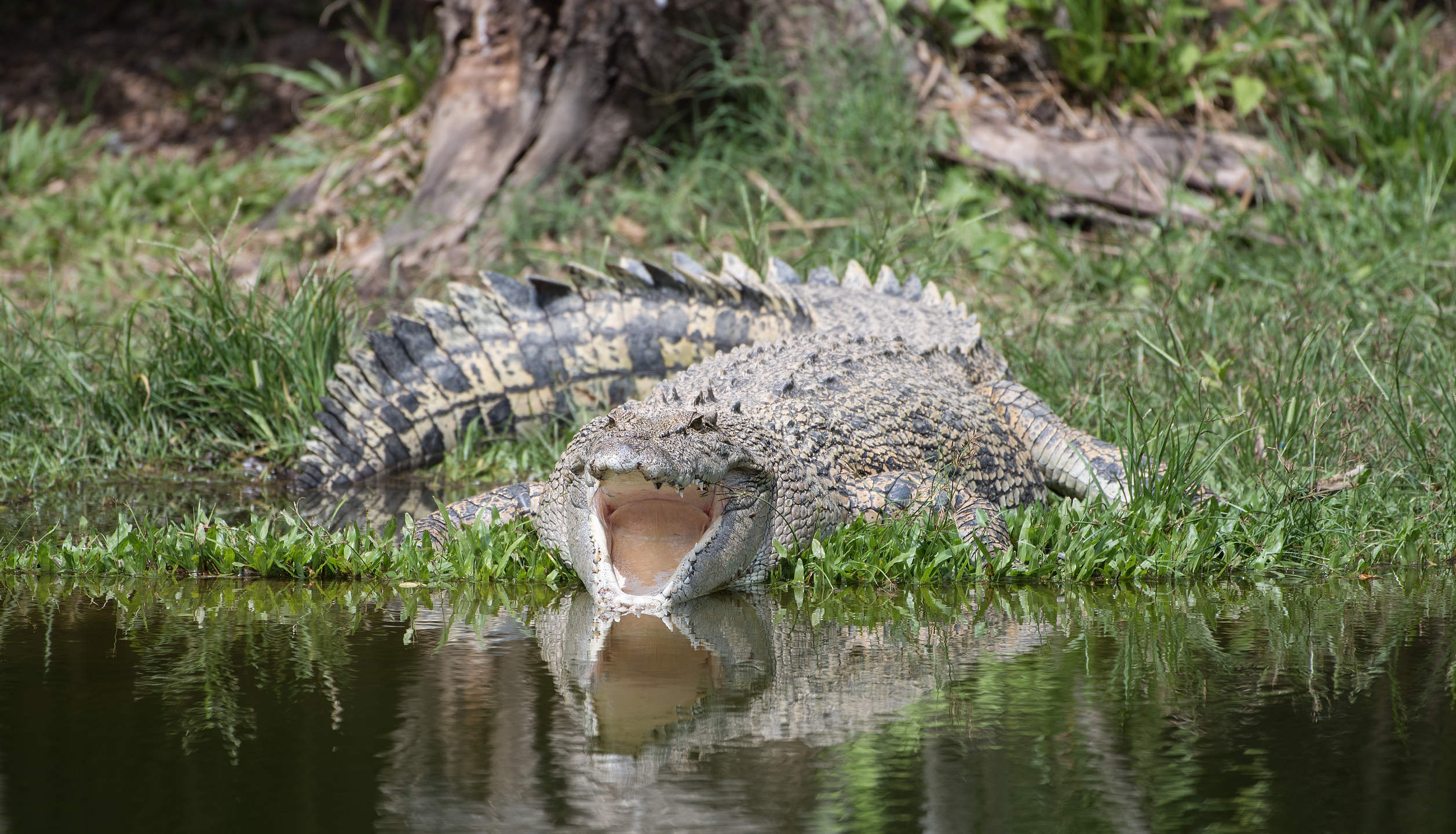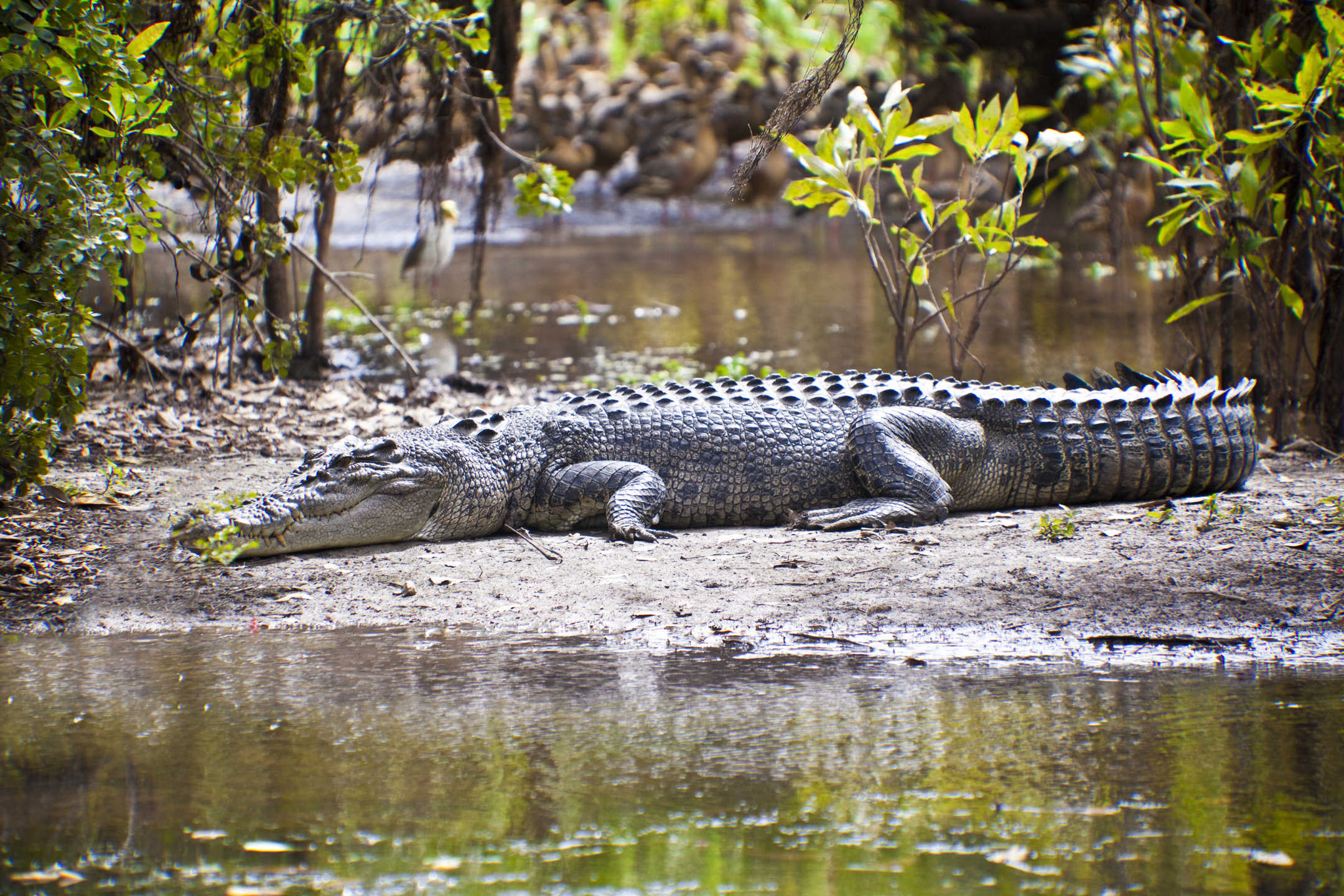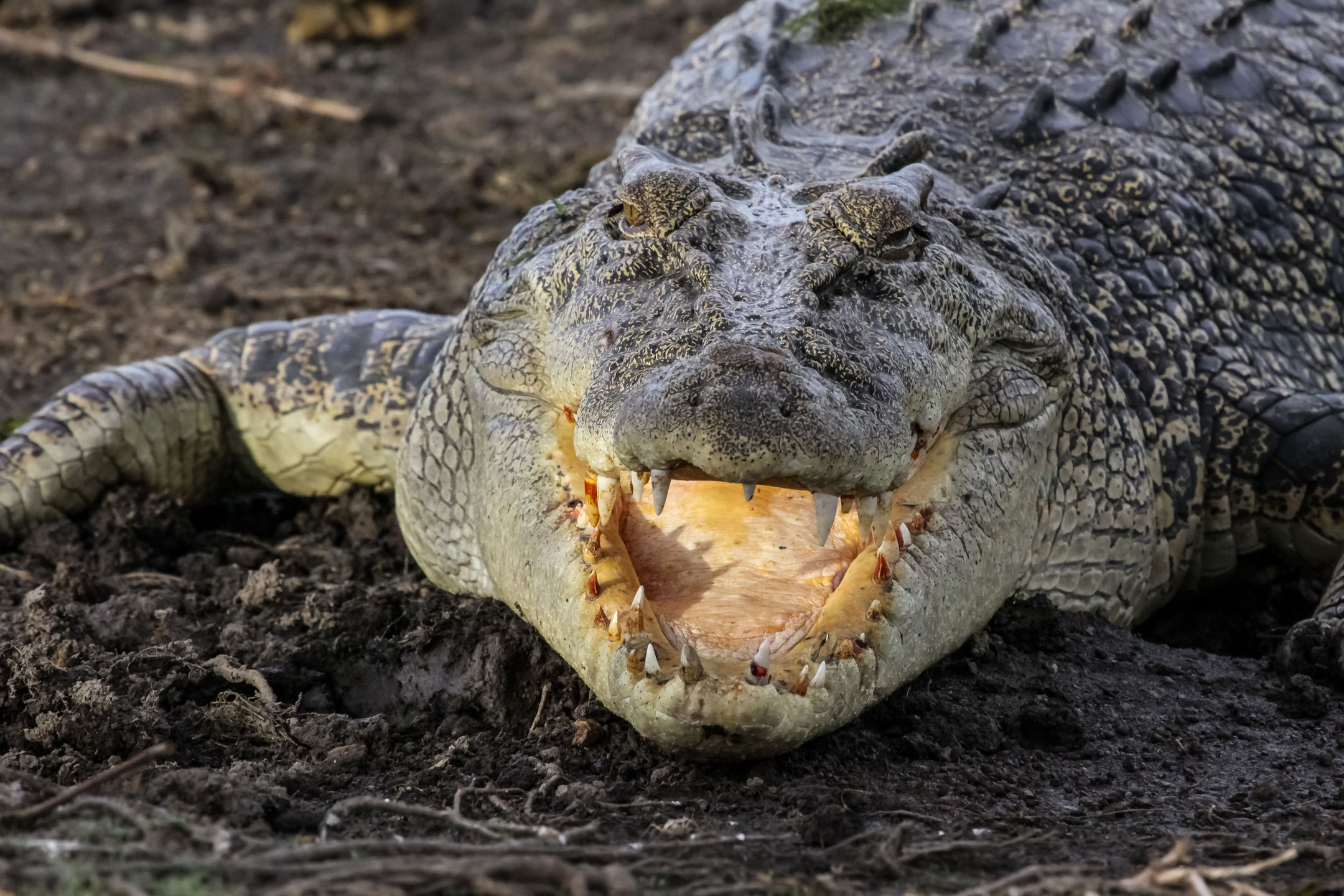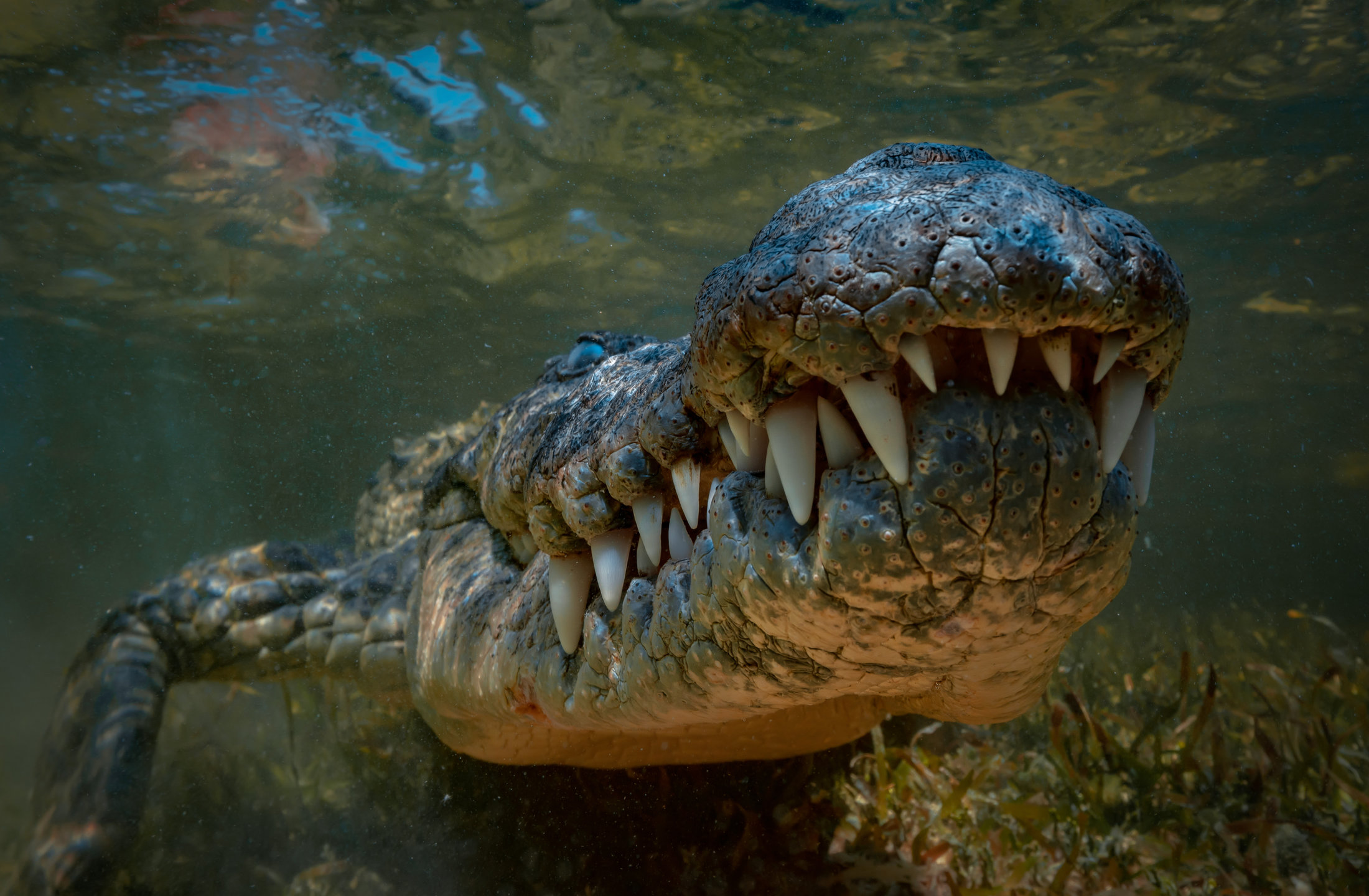We share this planet with an unsurmountable number of species.
From vertebrates to invertebrates and all the subtypes.
Install MyStart Theme for Google Chrome
So many such species have yet to be discovered because much of our water bodies and secluded lands haven’t been explored. So it is safe to say any of these creatures can account for any quality, from being friendly giants like Elephants to man-eating giants like Sharks.
Hence it is quite natural that everybody seems to have an odd fascination with animals. From delegating their spirit animals to keeping all sorts of pets, humans have been conditioned to befriend our fellow mates of this planet. However, some animals are not prone to kind human gestures no matter what you try because that is how nature made them. Saltwater Crocodiles are one such species.
Saltwater Crocodiles – The Most Aggressive Species on Earth
Known for their aggressive nature to attack and kill, Saltwater Crocodiles are crocodilians native to saltwater habitats and found across brackish wetlands spread all over the East Indian Coastline ranging to Northern Australia via Southeast Asia and Micronesia.
Even though they were hunted for their skin until the 1970s, the IUCN has taken them away from the concern list after extensive work was done to save the habitat life in 1996. Nonetheless, the creature is regarded just as dangerous for us as we are to it, if not more.

Today, the Saltwater Crocodile is the largest living reptile known to science. The male Crocodiles can grow up to 20ft and weigh up to 3000lbs. On the flip side, the female counterparts are smaller, grow over 10ft, and weigh anywhere around 2000lbs.
Even though we would have seen as kids that Steve Irwin handled such giant crocodiles and made it look like a piece of cake, Saltwater Crocodiles are not everybody’s play date. In fact, according to National Geographic, Saltwater Crocodiles are:
“Large and Opportunistic Hyper Carnivorous Apex Predator”

The reptilian giant is known to completely ambush the prey and then drown or swallow it whole without leaving any trace or giving any chance of redemption. Without a doubt, the Saltwater Crocodile will not put up a fight when it selects its prey and quietly attacks to consume.
The creature is so aggressive that it can take over any animal that dare enter the territory. It can prevail over almost any creature, even other apex predators like sharks, birds, crustaceans, etc. It is like none of those stands a chance in front of the unruly kind that is the “Saltie.”
Besides informally being known as Saltie, Saltwater Crocodiles are also known as the estuarine crocodile, Indo-Pacific crocodile, marine crocodile, or sea crocodile. They are excellent swimmers, and you definitely don’t stand a chance against them if you ever encounter one.

Saltwater Crocodile Behavior
The behavior of the Saltwater Crocodile is one of its most prominent and distinguishable features. It is so different from other types of crocodiles and alligators that you can tell at a glance that you are indeed looking at the animal. Hence, there is no doubt that Saltwater crocodiles are the most aggressive animals ever because they tend to show aggression even when they are not hunting prey.
Moreover, many other species don’t have the primary gland that it takes to filter saltwater. Hence, these reptilian beasts tend to stand out when it comes to such water bodies. That is why it is also highly recommended and warned to people on such sites where saltwater lakes and puddles are formed over time. You never know what beast lies dormant under the muddy waters.

Bottom Line
Reptiles are some of the fascinating creatures known to humankind. Being close relatives to the extinct group of animals, Dinosaurs, that carry the human curiosity high even today, reptiles like Saltwater Crocodiles are the true amalgamation of how it would have been like to experience creatures like dinosaurs walk the planet Earth.
Want to see more wild creatures? Get stunning images of wild animals every time you open a new tab.
Install MyStart Theme for Google Chrome










